Proper hydration is essential for staying energized and healthy during long-distance backpacking trips. In the wilderness, where water sources may be scarce, it's crucial to ensure you are adequately hydrated to prevent dehydration and fatigue.
This top 10 listicle will provide you with valuable tips and strategies to maintain optimal hydration levels and energy while trekking through the great outdoors.
From the importance of carrying a hydration bladder to replenishing electrolytes, we've got you covered with expert advice for a successful and enjoyable backpacking experience.
Prioritize Water Consumption
The human body can only survive a few days without water, making it essential to prioritize hydration during long-distance backpacking trips.
Ensuring you consume enough water is crucial for maintaining energy levels, regulating body temperature, and preventing dehydration. To effectively prioritize water consumption, consider the following strategies.
Set drinking water reminders
The key to staying adequately hydrated during a backpacking trip is to set regular drinking reminders. With the physical demands of hiking and the potential distractions of enjoying the outdoor scenery, it's easy to forget to drink water.
Set a timer on your watch or phone to remind yourself to take a few sips of water every 15-20 minutes. This simple practice can help you maintain proper hydration levels throughout your journey, especially in warmer climates or higher elevations.
Consume 2-4 liters daily
One of the most crucial aspects of staying hydrated during a backpacking trip is consuming enough water. The average person should aim to drink between 2-4 liters of water daily, with an even higher intake during physical activity or in hot weather.
It's important to note that you may need to increase your fluid intake in warmer climates or at higher elevations, as your body will lose more water through sweat and respiration. Proper hydration not only prevents dehydration but also helps replenish electrolytes and essential minerals lost during physical exertion.
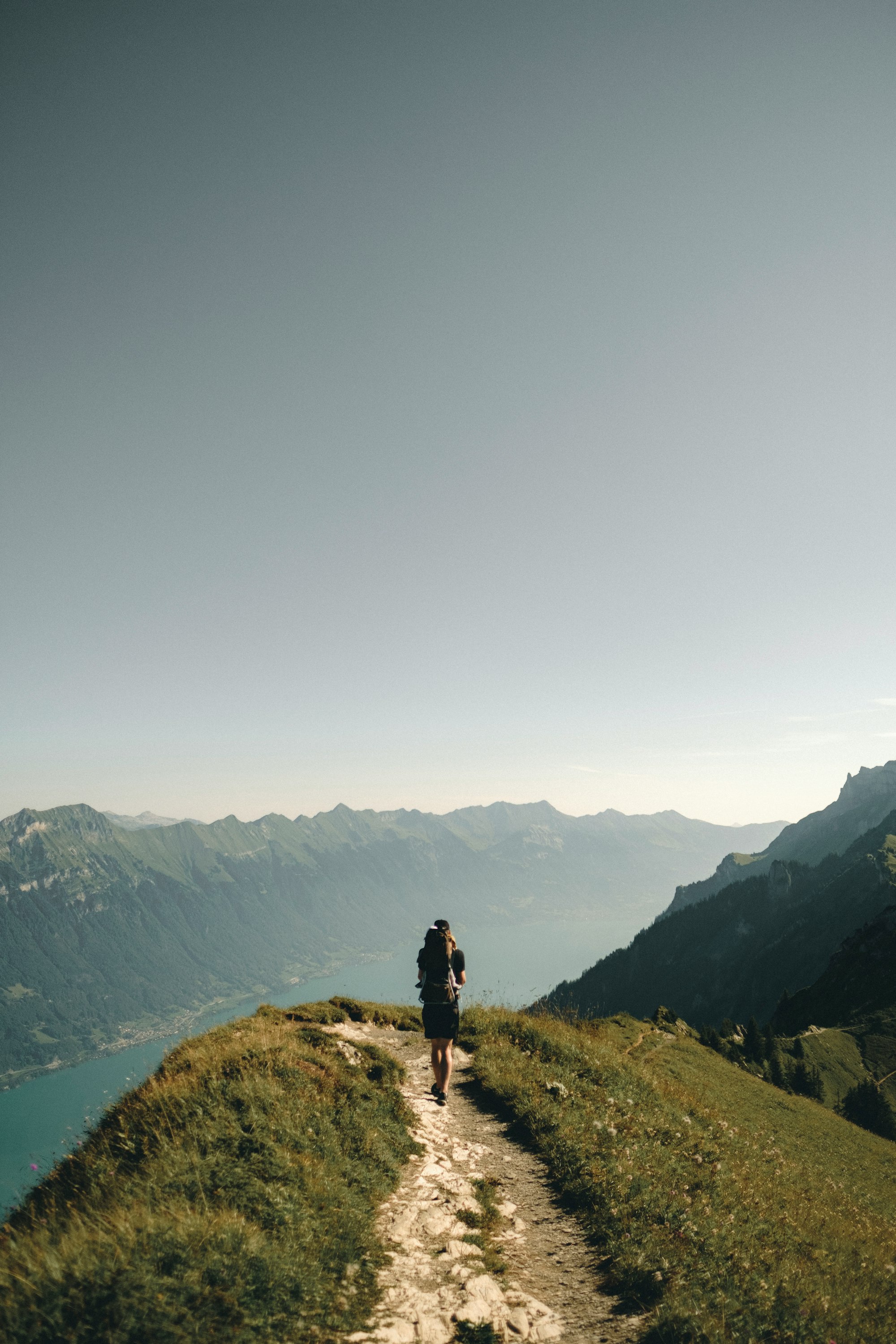
Choose Proper Hydration Sources
Obviously, one of the most critical considerations for any backpacking trip is ensuring access to proper hydration sources.
Without adequate water intake, the body's performance and overall well-being can suffer. In this chapter, we will explore the key factors to consider when choosing hydration sources for a long-distance backpacking trip.
Favor clean water sources
Choose to prioritize clean and reliable water sources along your backpacking route. Natural sources such as rivers, lakes, and streams can provide an ample supply of water, but it's crucial to verify the water's cleanliness.
Look for running water over stagnant sources, and consider using a filtration system to ensure the water is free of impurities. It's essential to pack a reliable water filtration system and carry extra water if the next clean water source is uncertain or far away.
To further ensure safe drinking water, consider utilizing water purification methods such as chemical treatments or UV purification. These methods can provide an extra layer of protection against harmful microorganisms and bacteria, especially when sourcing water from unfamiliar or remote locations.
By incorporating these methods into your hydration strategy, you can prevent dehydration and enjoy peace of mind during your backpacking journey.
Remember to replenish essential nutrients and electrolytes lost through sweat and physical exertion, particularly in warmer climates or at higher elevations.
Incorporate Electrolyte Replacement
Some backpackers underestimate the importance of electrolytes in staying hydrated and maintaining energy levels during long-distance trips.
Electrolytes, such as sodium, potassium, and magnesium, play a crucial role in regulating hydration and muscle function. Incorporating electrolyte replacement strategies into your backpacking routine will help you prevent dehydration and fatigue, especially in challenging outdoor environments.
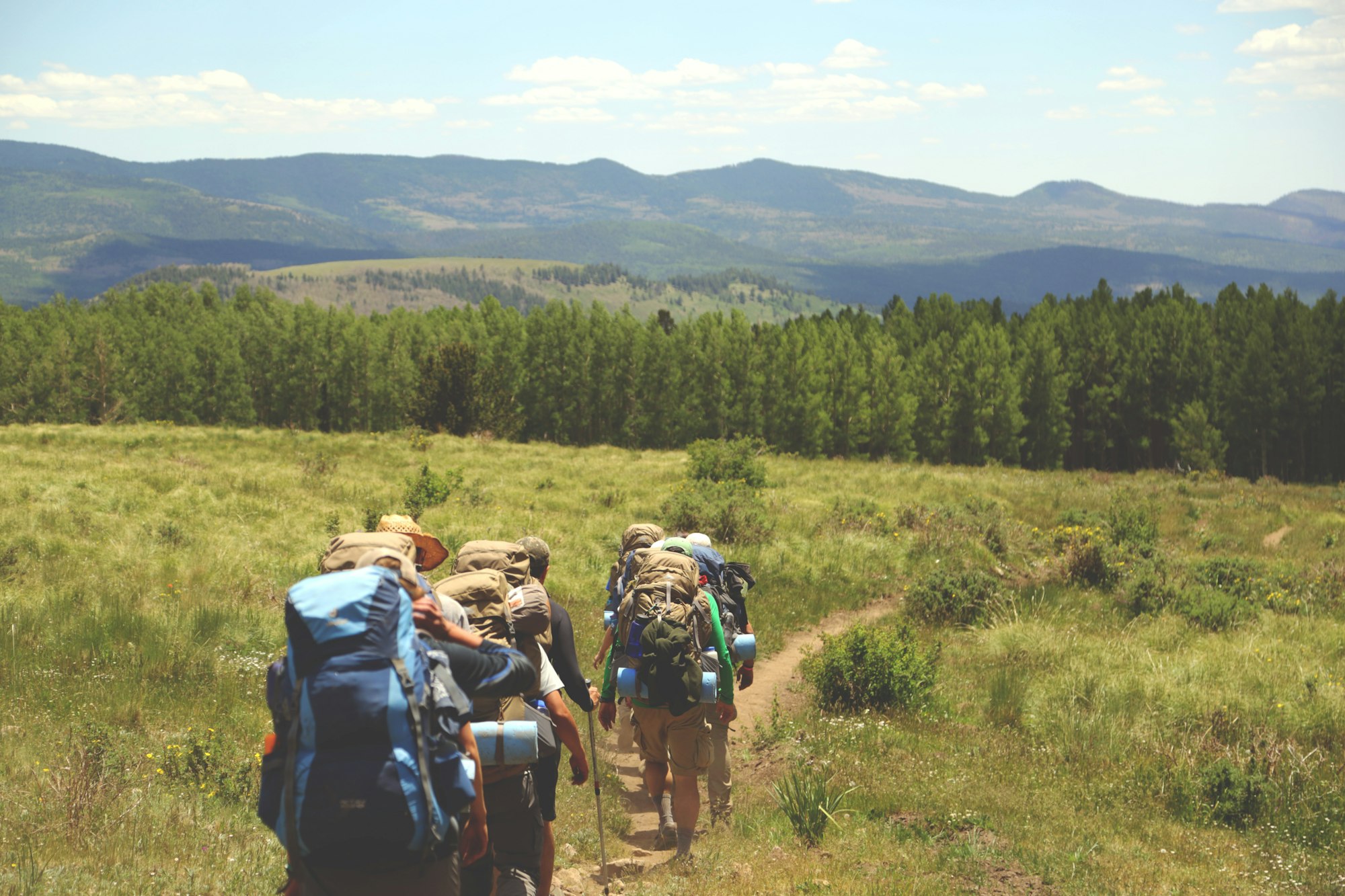
Pack electrolyte supplements
Supplements such as electrolyte tablets or powder packs are convenient and effective ways to ensure you have access to essential minerals while on the trail.
By packing these supplements in your backpack, you can easily replenish electrolytes by mixing them with water at regular intervals throughout the day. This proactive approach will help offset the electrolyte loss caused by sweating and exertion, allowing you to sustain your energy levels and overall performance during the hike.
Balance water intake and electrolytes
On long-distance backpacking trips, it's crucial to strike a balance between water intake and electrolyte replenishment. Electrolyte imbalances can occur when you consume excessive amounts of water without adequate electrolyte intake.
This can lead to a condition known as hyponatremia, which may cause symptoms such as weakness, headache, and nausea. To avoid this, consider consuming electrolyte-rich foods and beverages while staying properly hydrated with water.
Electrolyte-infused snacks and sports drinks can also be helpful in maintaining this delicate equilibrium.
Emphasize Nutritious Foods
Keep your energy levels up and your body properly hydrated by emphasizing nutritious foods during your long-distance backpacking trips.
Consuming the right foods can make all the difference in maintaining your stamina and preventing dehydration, so it's crucial to pay attention to what you eat throughout your journey.
Eat water-rich foods
The key to staying well-hydrated on long backpacking trips is not only to drink plenty of water but also to consume water-rich foods. Fruits and vegetables such as cucumbers, watermelon, oranges, and bell peppers are excellent choices as they provide hydration along with essential nutrients.
These foods not only help replenish fluid loss but also contribute to maintaining proper hydration levels, especially in warmer climates and at higher elevations where water loss is more significant.
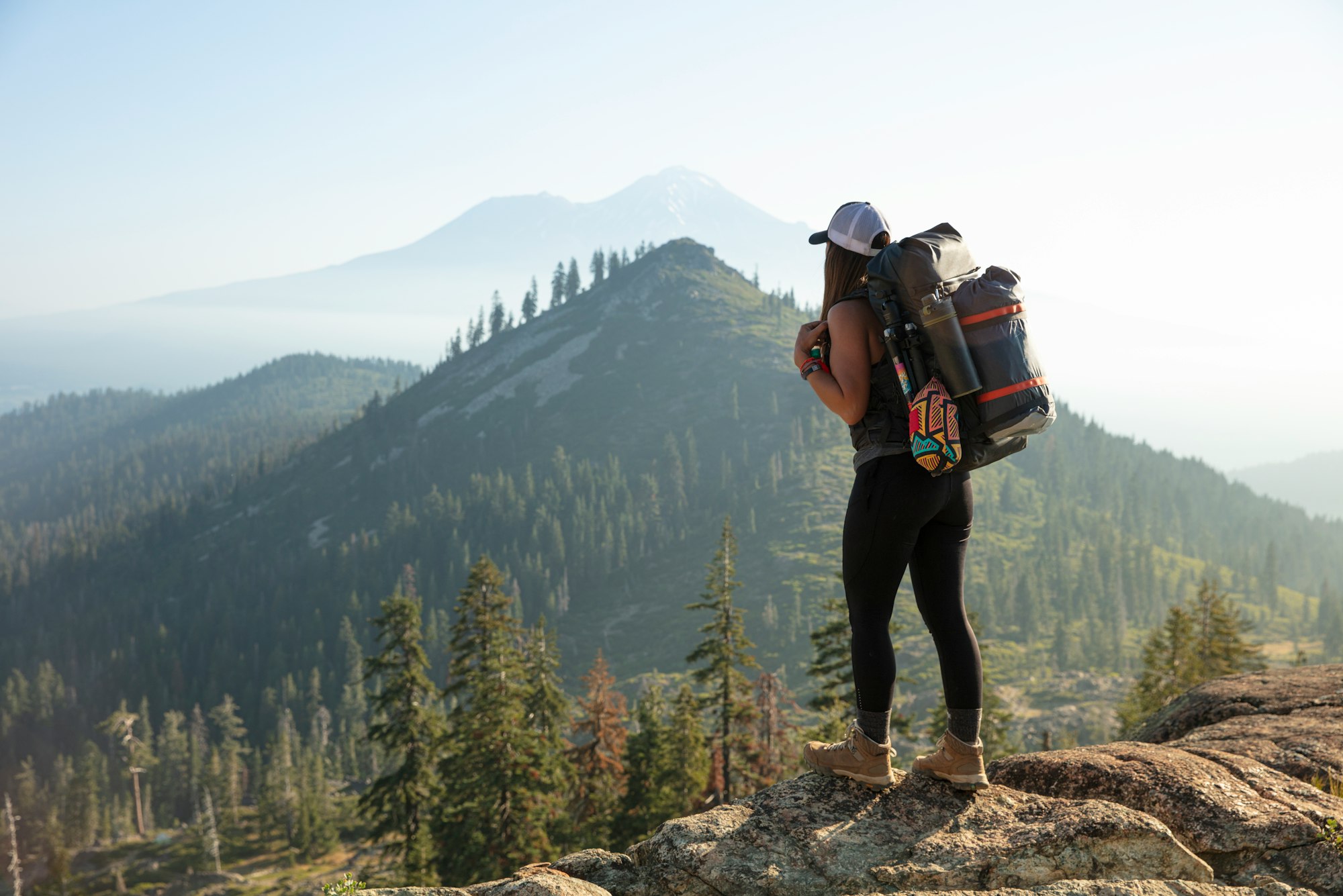
Consume energy-dense snacks
The consumption of energy-dense snacks is a vital aspect of maintaining energy levels and preventing fatigue during backpacking trips. Carry snacks such as trail mix, nuts, and granola bars, which are rich in essential minerals and electrolytes.
These snacks not only provide a quick source of energy but also help replenish electrolytes lost through sweat and physical exertion. The right snacks can also aid in preventing dehydration, especially during moderate temperatures and outdoor activities that lead to fluid loss.
Manage Water Weight Wisely
Despite the importance of staying properly hydrated on long-distance backpacking trips, managing water weight is crucial to ensure a manageable and comfortable load. By strategizing your water consumption and refill points, you can maintain hydration without carrying excessive weight.
Plan water refill points
To effectively manage water weight, strategically plan where you will refill your water supply along your backpacking route. Research and map out reliable water sources, such as streams, rivers, or designated refill points, to ensure you can replenish your supply at regular intervals.
This proactive approach will help prevent the need to carry excessive water weight for extended periods, while still maintaining proper hydration throughout your journey.
Carry manageable water amounts
Weight management is key when it comes to carrying water on long-distance backpacking trips. Any excess weight can significantly impact your energy levels and overall comfort. Consider investing in lightweight, collapsible water containers or hydration bladders that can be easily refilled at water sources.
This will allow you to carry manageable amounts of water while replenishing your supply as needed, reducing the strain on your body and enhancing your overall hiking experience. Remember to drink water at regular intervals to prevent dehydration and maintain your stamina, especially in hot weather or at higher elevations.
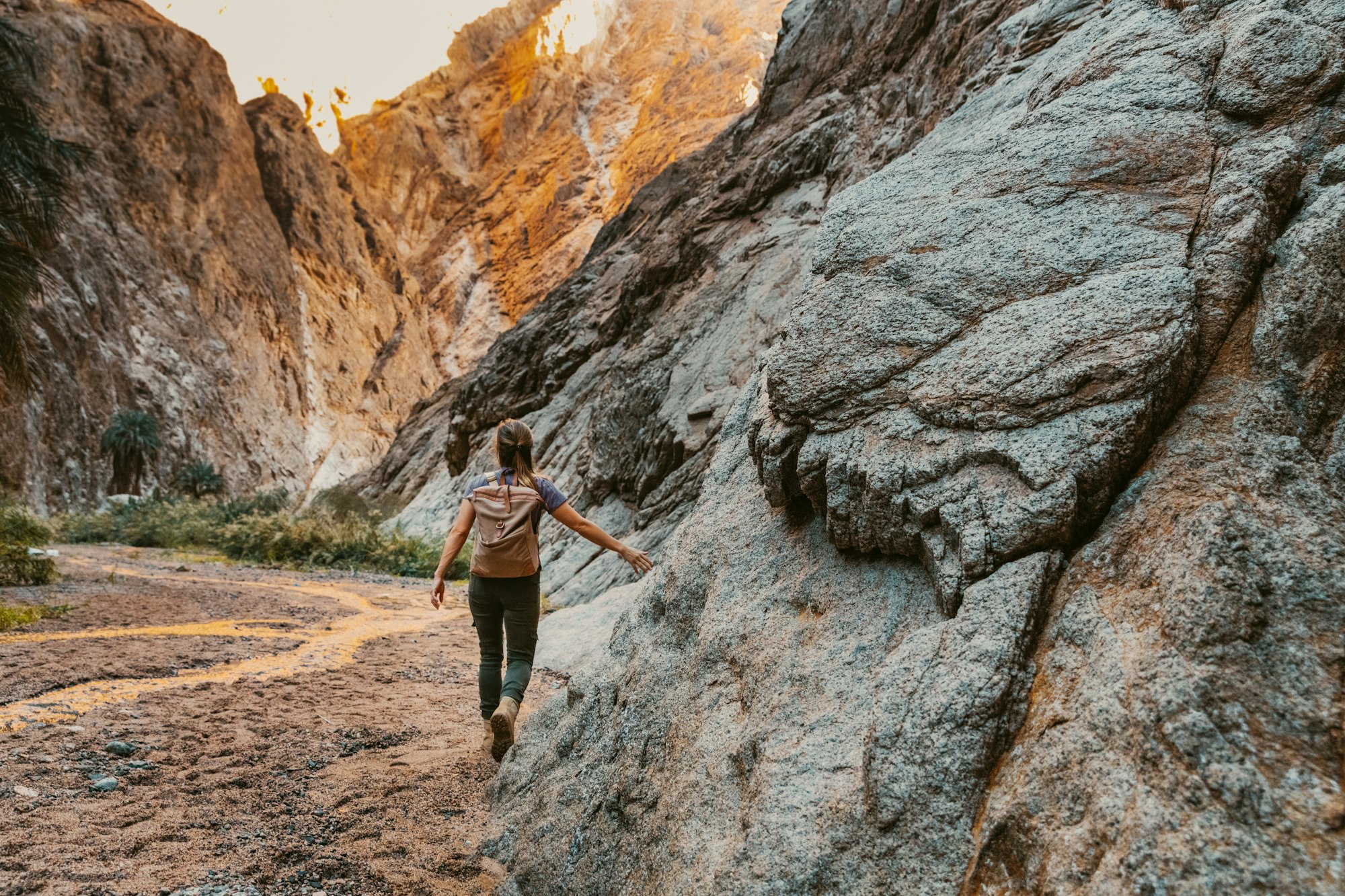
Adjust for Weather and Altitude
Not only does the amount of water you need to drink depend on your level of physical activity, but it also varies according to the weather and altitude. In hot weather and at higher elevations, your body loses more water through sweat and respiration, making it essential to adjust your fluid intake accordingly.
Increase intake in heat
Weather in warmer climates can significantly impact your hydration needs. When hiking in hot weather, it's crucial to increase your fluid intake to compensate for the higher rate of sweat evaporation.
Dehydration and heat exhaustion are common concerns in these conditions, so make sure to drink water at regular intervals and consider carrying extra water to stay properly hydrated.
Stay aware at elevations
Weather at higher elevations can also affect your hydration requirements. At altitude, the air is drier and your body tends to lose water more rapidly through respiration.
It's important to be aware of the signs of altitude sickness, which can include dizziness and feeling thirsty, and to increase your fluid intake to prevent dehydration. When hiking at higher elevations, make sure to drink more water and replenish electrolytes to support your body's needs.
Use Reliable Gear
Your gear can make or break your backpacking trip, especially when it comes to staying hydrated and energized. Proper hydration is essential for outdoor adventures, and having reliable gear can make all the difference in ensuring you have access to clean, safe drinking water throughout your journey.

Select durable water containers
Gear up with durable water containers that can withstand the rigors of long-distance backpacking trips. Look for options that are leak-proof, impact-resistant, and easy to carry.
Consider investing in lightweight, BPA-free water bottles or hydration bladders that can be easily refilled from natural water sources along the trail.
Carry backup purification options
Options for water purification are essential for outdoor activities, especially on long-distance backpacking trips where reliable access to clean water may be limited.
Any experienced hiker knows the importance of carrying backup purification options, such as water purification tablets or a portable water filter, to ensure safe drinking water in case of emergency or unreliable water sources. Don't overlook the importance of staying adequately hydrated, even in the most remote locations.
Listen to Your Body
For long-distance backpacking trips, it's crucial to listen to your body and pay attention to its hydration needs. Your body will give you signals when it's time to drink more water, so it's important to stay attuned to these signs to maintain proper hydration levels.
Drink before feeling thirsty
Your body may not always signal thirst when it needs water, especially during physically demanding activities like backpacking.
To avoid dehydration, it's essential to drink water regularly, even before you feel thirsty. Your body loses fluids through sweat and exertion, so it's important to replenish these losses proactively to stay adequately hydrated and energized throughout your trek.
Recognize dehydration signs early
To avoid the negative effects of dehydration, it's crucial to recognize its signs early on. Early recognition of symptoms such as dry mouth, feeling dizzy, or decreased energy levels can help you take action to prevent further dehydration.
Pay attention to your fluid intake and listen to your body's signals to ensure you maintain proper hydration levels, especially during long-distance backpacking trips.
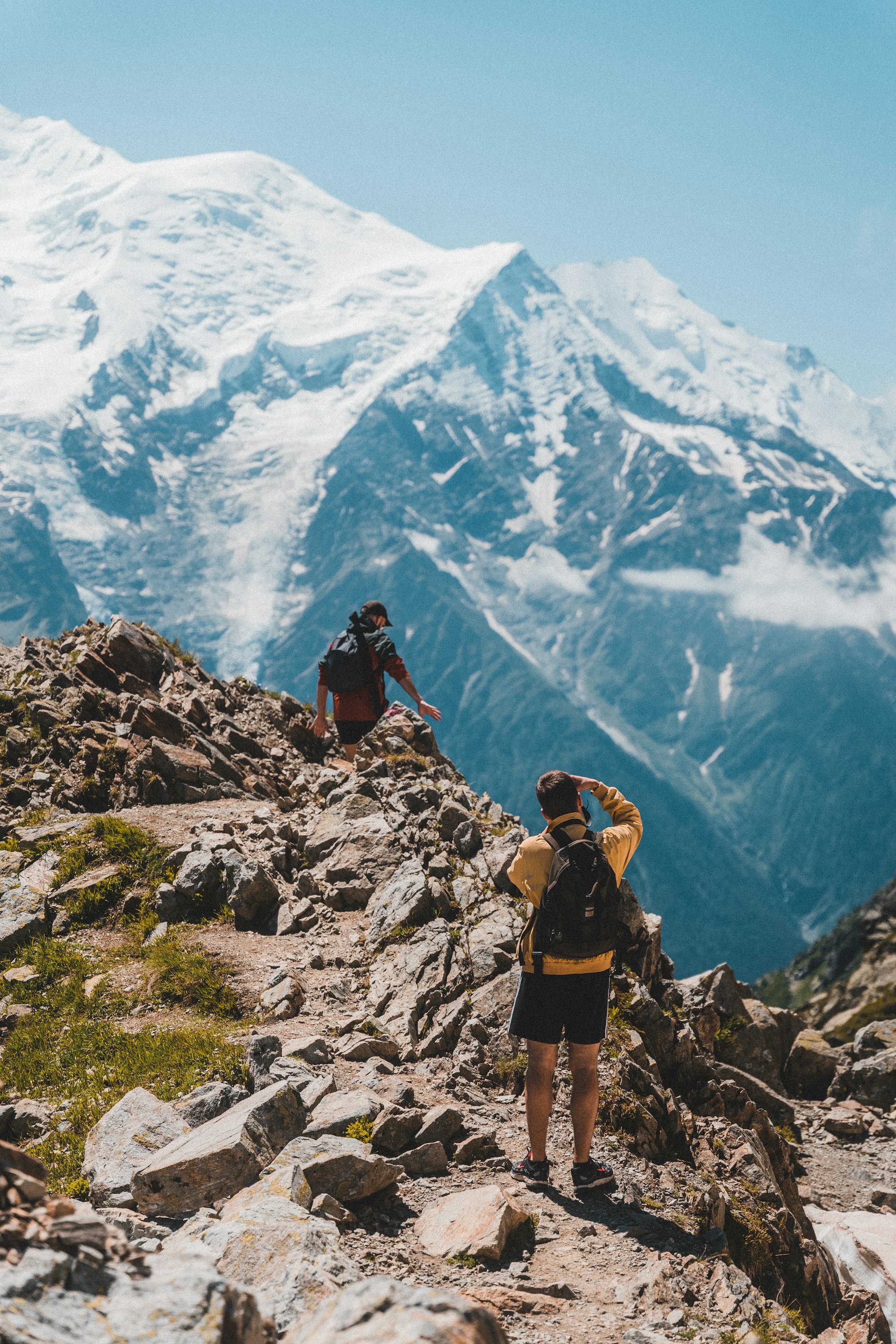
Practice pre-hike hydration
Hydration should be a priority in the weeks leading up to your backpacking trip. It's important to gradually increase your water intake and focus on consuming fluids at regular intervals throughout the day.
This will help your body adjust to holding onto fluids for extended periods, preparing you for the demands of long-distance hiking. Try to consume a mix of water and electrolyte-rich beverages to replenish essential nutrients and prevent dehydration.
This practice will support your body's ability to replace fluid loss and optimize hydration during your backpacking adventure.
Some Final Thoughts
Now, staying hydrated and energized on long-distance backpacking trips is crucial for maintaining optimal performance and avoiding dehydration. Proper hydration can be achieved by drinking water at regular intervals, especially in hot or higher elevation environments.
It's important to replace fluid loss through sweating and replenish electrolytes to prevent dehydration. Carrying a water bottle or hydration bladder and consuming salty snacks can help in staying adequately hydrated.
Paying attention to the body's signals, such as feeling thirsty or dizzy, can also guide the amount of water intake needed. By following these simple tips and being mindful of the body's needs, hikers can ensure that they have enough water and energy to enjoy their outdoor activities safely and comfortably.
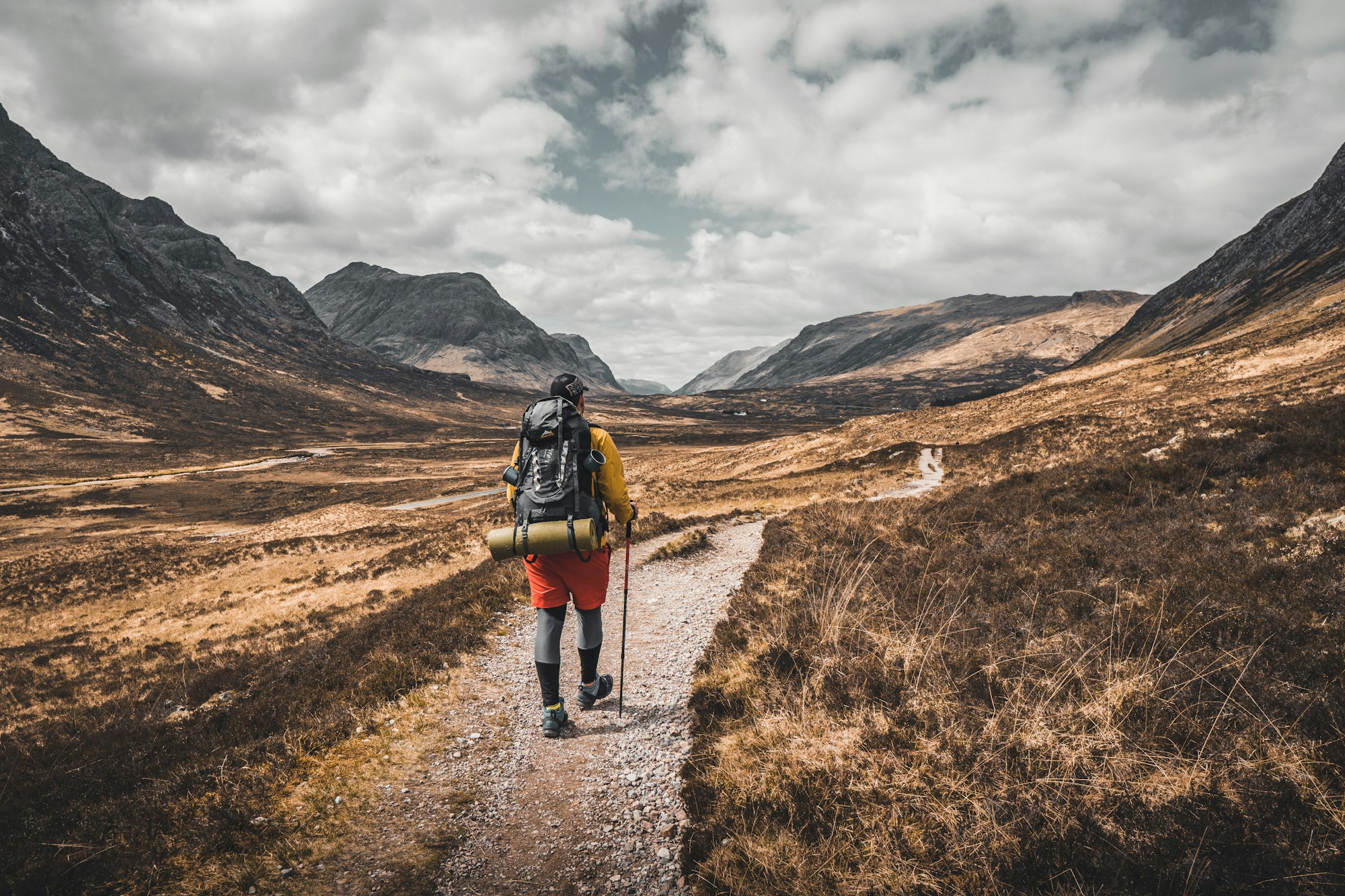
FAQ's
Q: Why is staying hydrated important during long-distance backpacking trips?
A: Staying hydrated is crucial during long-distance backpacking trips because dehydration can lead to fatigue, lightheadedness, and reduced cognitive function, all of which can compromise your safety and enjoyment of the trip. Proper hydration also supports optimal physical performance and helps regulate body temperature, especially in challenging outdoor conditions.
Q: How much water should I drink while backpacking?
A: The amount of water you should drink while backpacking varies depending on factors such as temperature, exertion level, and individual hydration needs. As a general guideline, aim to drink at least 2-3 liters of water per day during a backpacking trip, and adjust based on your body's cues and the environmental conditions.
Q: What are some tips for staying properly hydrated on long-distance backpacking trips?
A: To stay properly hydrated while backpacking, consider carrying a hydration bladder or multiple water bottles to ensure a steady supply of water. Drink at regular intervals, even if you do not feel thirsty, and consume electrolyte-rich fluids or snacks to replenish essential minerals lost through sweat. Additionally, monitor your urine color as a simple indicator of your hydration status – light yellow to clear urine typically suggests adequate hydration.
Q: What are the signs of dehydration to watch out for while backpacking?
A: Signs of dehydration while backpacking include feeling excessively thirsty, having dark yellow urine, experiencing dizziness or lightheadedness, feeling fatigued or weak, and having a dry or sticky mouth. It's important to address dehydration promptly by drinking water and resting in a shaded area if these symptoms arise.
Q: Is it necessary to consume sports drinks or energy gels for hydration and energy during backpacking?
A: While water is the primary and most essential fluid for hydration during backpacking, sports drinks and energy gels can be beneficial for replenishing electrolytes and providing quick energy. However, these should complement, not replace, regular water intake. Choose products with a balance of electrolytes and carbohydrates to support endurance and performance during long-distance backpacking trips.
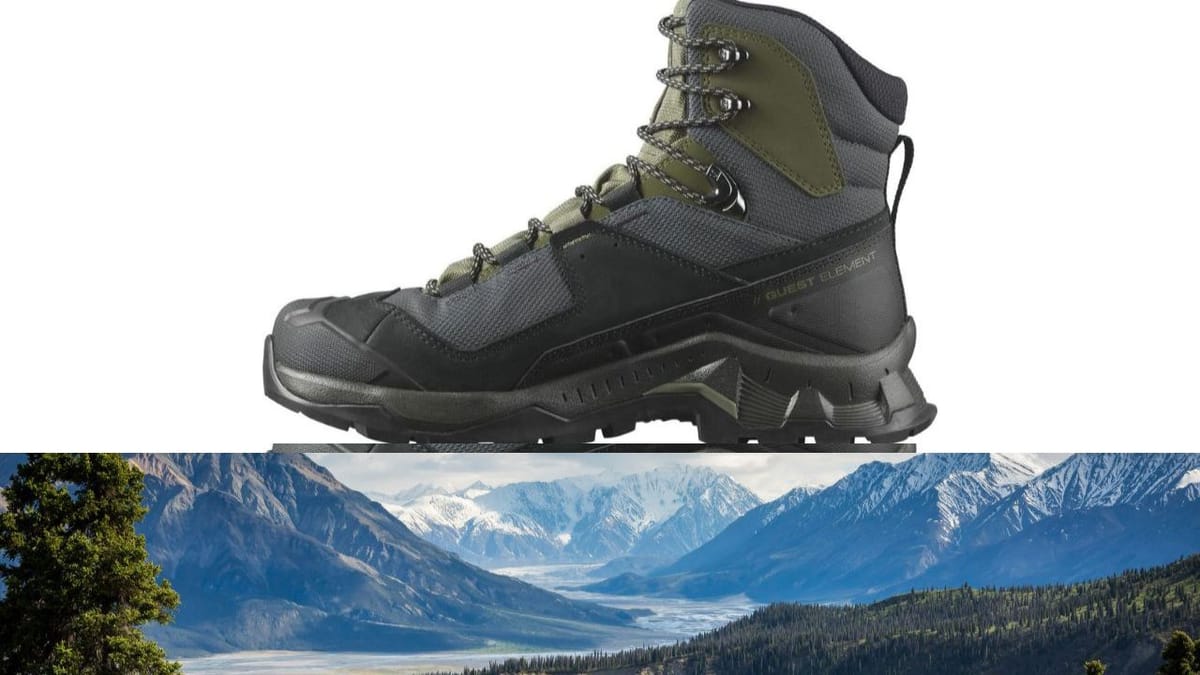


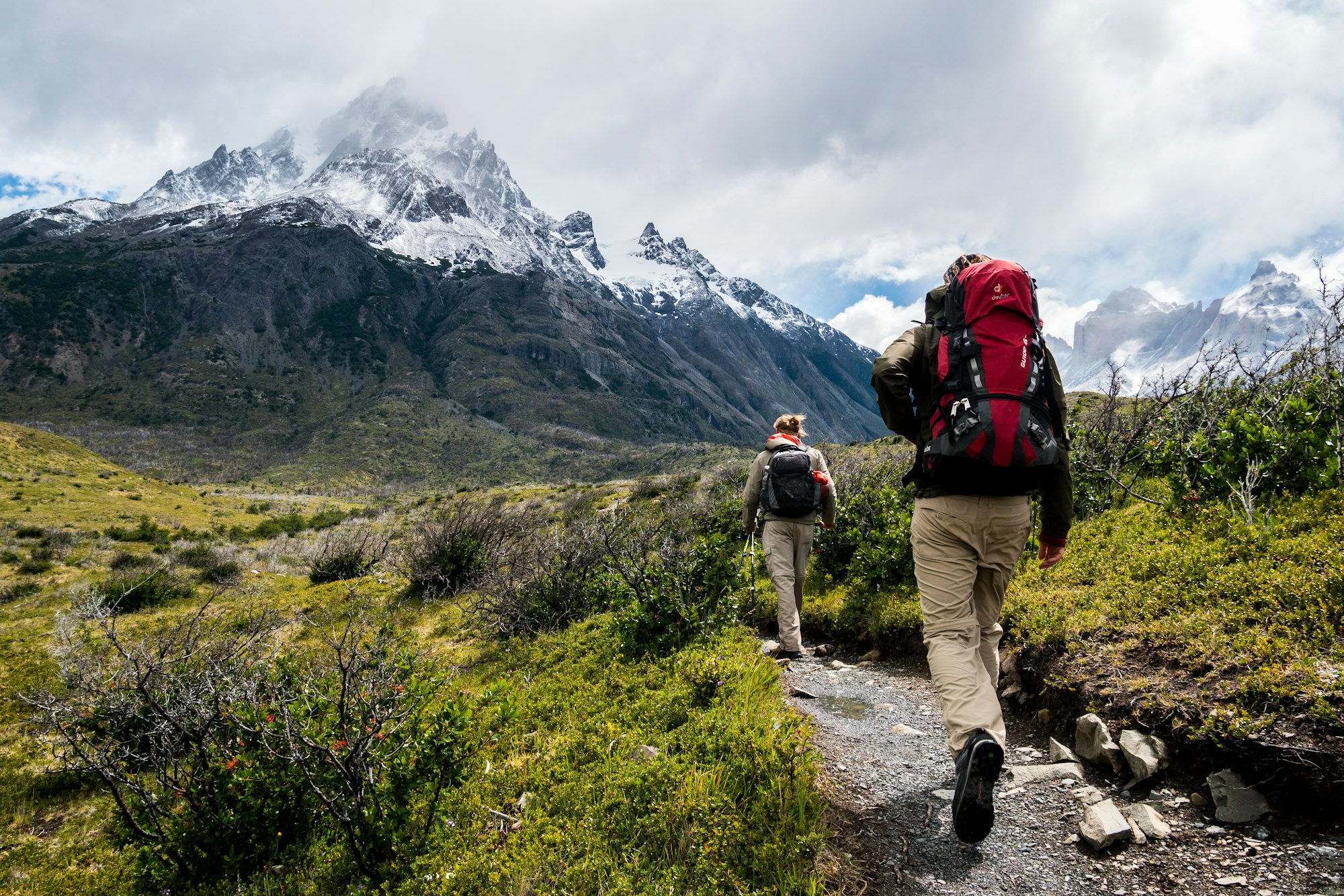
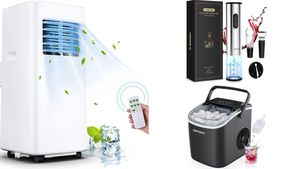
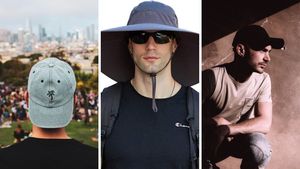
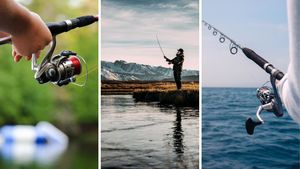


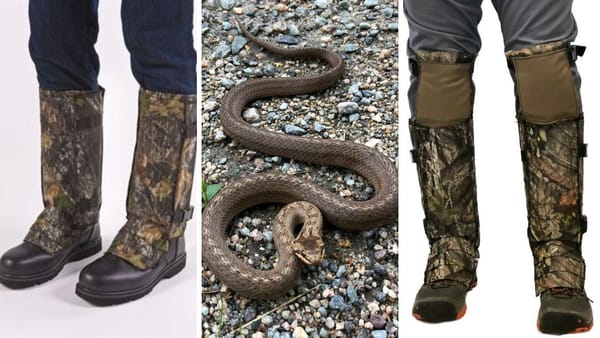



Member discussion